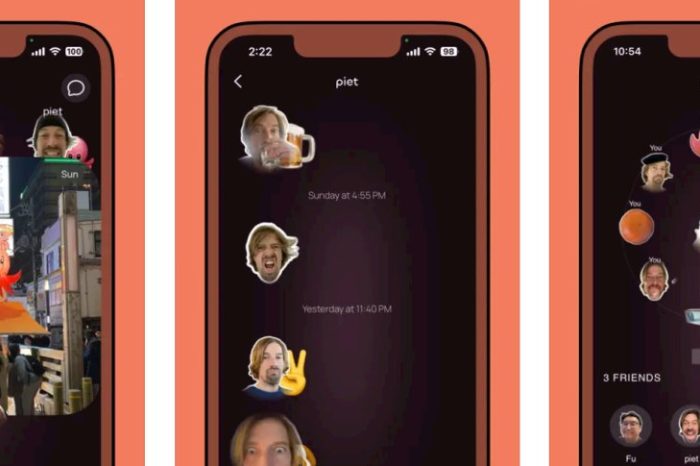AI replaces 700 customer service reps at fintech startup Klarna

In a clear sign of things to come with the rise of AI, Klarna, Europe’s most valuable fintech startup, just released a post highlighting the success of its OpenAI-powered customer service chatbot. According to Klarna, the chatbot managed an impressive 2.3 million conversations in the last month alone.
That’s not all. The company claims that its AI assistant now performs the work equivalent to 700 employees following a workforce reduction of the same number. Klarna also reported that the chatbot completed tasks equivalent to those of 700 full-time employees, significantly reducing the average resolution time from 11 minutes to just 2 minutes. Moreover, the chatbot is accessible 24/7 and proficient in over 35 languages.
Despite facing criticism for its handling of a major staff reduction in 2022, the Swedish fintech is now highlighting newfound efficiencies driven by OpenAI. Klarna anticipates the assistant will contribute an additional $40 million in profit by 2024. Consequently, the company announced that it will no longer be hiring new staff outside of engineering roles due to the integration of AI.
“The AI assistant has had 2.3 million conversations, two-thirds of Klarna’s customer service chats. It is doing the equivalent work of 700 full-time agents. It is on par with human agents in regard to customer satisfaction score. It is more accurate in errand resolution, leading to a 25% drop in repeat inquiries. Customers now resolve their errands in less than 2 mins compared to 11 mins previously. It’s available in 23 markets, 24/7, and communicates in more than 35 languages. It’s estimated to drive a $40 million USD in profit improvement to Klarna in 2024,” Klarna said in a recent blog post.
Klarna’s impressive statistics also suggest a significant shift in the landscape of customer service. Despite the evident benefits in profitability and user satisfaction, this transition to AI-driven solutions raises concerns about the impact on the workforce. While AI presents vast opportunities, its integration necessitates a major reorganization of current labor structures.
Just one month after the global rollout of its OpenAI-powered virtual assistant, the Swedish “buy-now, pay-later” company has released new data underscoring its ability to manage customer communications effectively, enhance shopper satisfaction, and drive improved financial results.
According to Klarna, the app-based AI chatbot already handles two-thirds of all customer service interactions, totaling an impressive 2.3 million conversations to date, with customer satisfaction ratings on par with those of human agents. As Klarna prepares for a potential public offering this year amid a tepid IPO market, the company estimates that the chatbot could significantly boost profits by $40 million in 2024.
Having announced its partnership with OpenAI early last year, Klarna positioned itself as an early adopter by integrating the firm’s ChatGPT technology. Initially focused on assisting customers with shopping-related decisions through personalized queries, this natural-language interface was dubbed “smooth shopping” by Klarna.
Founded in 2005 by Sebastian Siemiatkowski, Niklas Adalberth, and Victor Jacobsson, the Stockholm, Sweden-based Klarna makes it easier for people to shop online. In the last 12 years, technology has evolved, excited, and transformed the world around us, yet its mission remains as relevant as ever, to make paying as simple, safe, and above all, smooth as possible.
Klarna’s app has more than 12 million monthly active users worldwide, with 55,000 daily downloads, significantly outpacing its nearest competitor with almost 4x as many downloads over the last year. Klarna, a unicorn startup, is one of the world’s largest providers of “buy now, pay later” services, which offer shoppers interest-free financing throughout installments.

